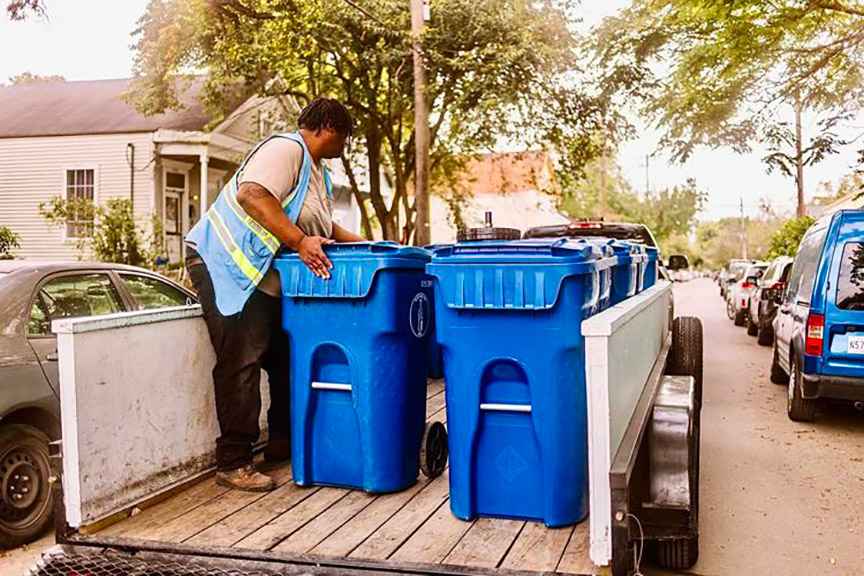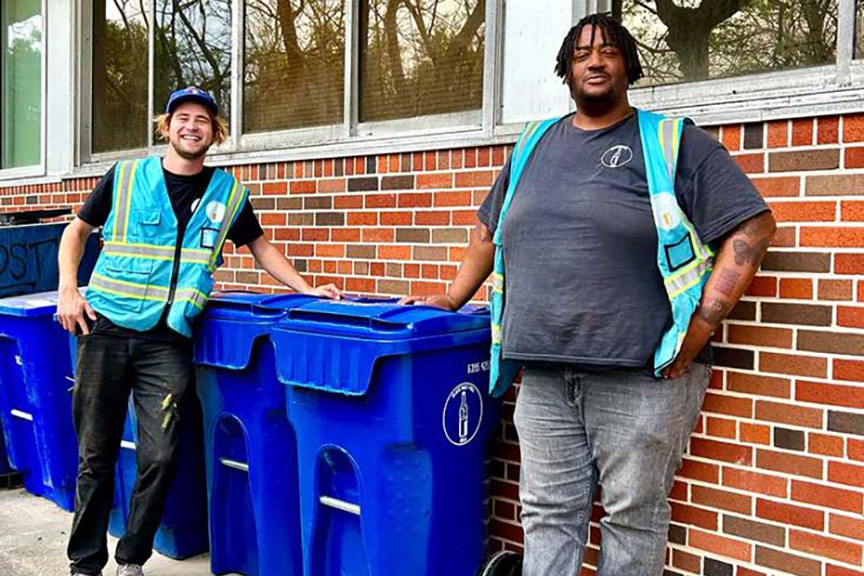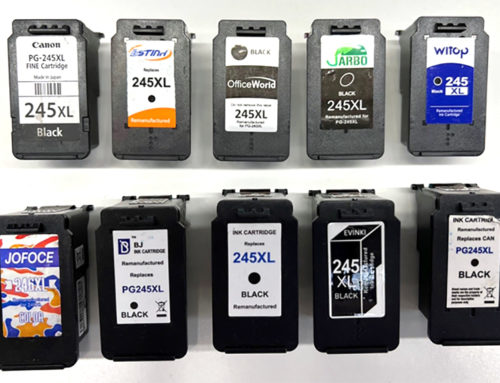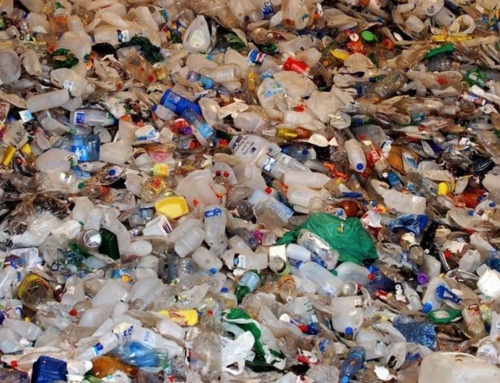A transformative project is underway in Chalmette, Louisiana, where the nonprofit glass recycler Glass Half Full is set to build a cutting-edge recycling facility capable of processing an astonishing 600,000 beer bottles a day. This $6.5 million state-of-the-art plant, supported by a mix of grants and loans from Benson Capital Partners, the Meraux Foundation, and AMCREF Community Capital, is poised to make a significant impact on the Gulf Coast region, both environmentally and economically.
A Vision Turned Reality
Glass Half Full was founded in 2020 by Franziska Trautmann and Max Steitz, two Tulane University students with a shared passion for sustainability and a desire to revive glass recycling in New Orleans. Since Hurricane Katrina, glass recycling had become virtually non-existent in the area, with only a few patchwork programs available. Trautmann and Steitz saw an opportunity to change that, and in just a few short years, their vision has evolved into a groundbreaking initiative that could reshape the future of recycling across the Gulf Coast.
The new facility, situated on a 3-acre site along Paris Road in Chalmette, will serve as the headquarters for Glass Half Full. Designed by Williams Architects and constructed by RGND, the plant is expected to be completed within the next six to nine months. Once operational, it will have the capacity to recycle 300,000 pounds of glass daily—equivalent to around 600,000 beer bottles. This remarkable processing capability will allow Glass Half Full to collect and recycle glass not only from the New Orleans metropolitan area but also from communities across Louisiana, Mississippi, and even into coastal Alabama and Florida.
Environmental Impact: Coastal Restoration and Beyond
The recycled glass processed at the Chalmette facility will be repurposed into eco-friendly sand and gravel, materials that are crucial for a variety of environmental and infrastructure projects. One of the most significant uses for these materials is in Louisiana’s coastal restoration efforts. The state has long been battling coastal erosion, a problem exacerbated by rising sea levels and frequent hurricanes. The sand and gravel produced by Glass Half Full will be used to reinforce shorelines, rebuild barrier islands, and restore critical habitats along the Gulf Coast.
In addition to coastal restoration, the recycled glass will also be utilized in storm relief initiatives and the creation of new products. This multifaceted approach not only helps to reduce waste but also contributes to the sustainability and resilience of the region’s communities.

Economic Benefits: Job Creation and Community Investment
The impact of the new Glass Half Full facility extends beyond environmental benefits. The project is expected to create up to 100 green jobs in St. Bernard Parish, providing much-needed employment opportunities in a region that has faced economic challenges in recent years. These jobs will range from plant operations to logistics, helping to stimulate the local economy and support families in the area.
The Meraux Foundation, a key supporter of the project, has emphasized the importance of this partnership in improving the quality of life in St. Bernard Parish. “The benefit we saw in the donation was good clean jobs and a nice partner for coastal restoration efforts,” said Bill Haines, a board member of the Meraux Foundation. “We think Max and Fran are really hitting the ground running with their glass recycling, and it’s a great thing to have based out of St. Bernard Parish.”
The Road Ahead: A Dream Realized
For Trautmann, the completion of this facility represents the fulfillment of a long-held dream. “I’m so excited,” she said. “It feels very surreal, it’s something that we dreamed of.” The establishment of this plant not only enhances glass recycling in the Southern United States but also positions Glass Half Full as a leader in sustainable development and environmental stewardship.
As the Chalmette facility nears completion, the potential for Glass Half Full to expand its impact is immense. With the ability to process hundreds of millions of pounds of glass annually, the organization is poised to play a significant role in shaping the future of recycling, coastal restoration, and economic development in the Gulf Coast region.






